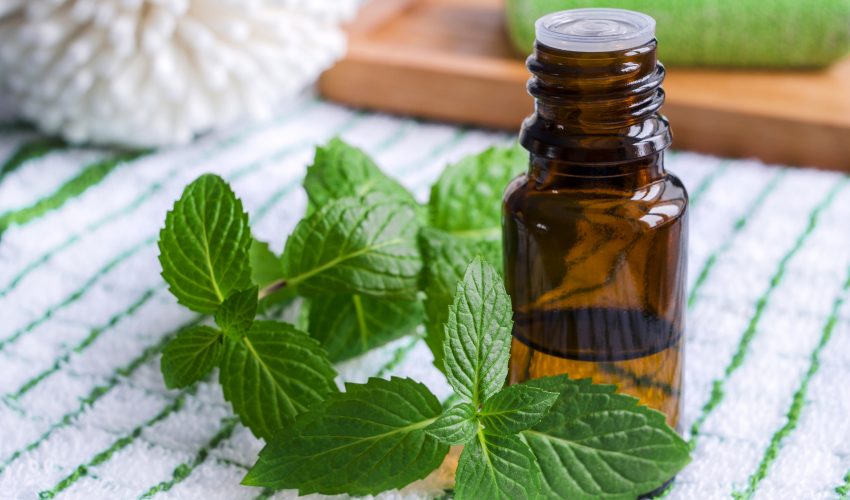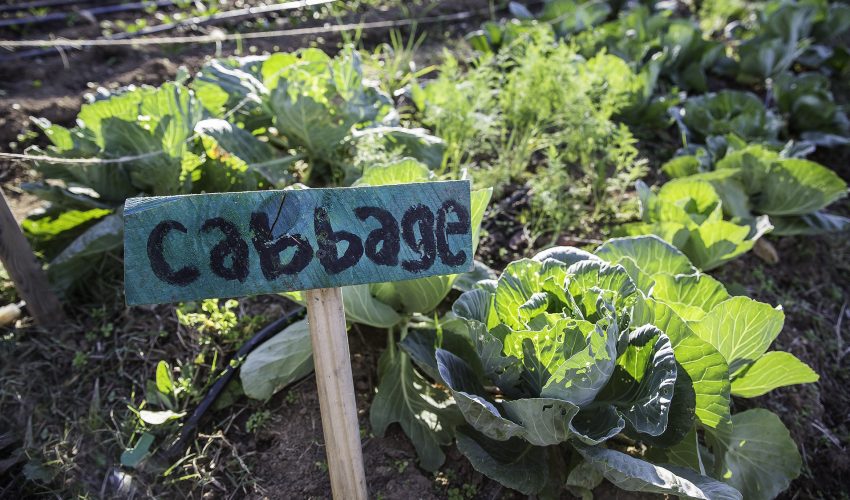Gray Matter
The golden years shine brightly in Tennessee according to some recent rankings.
This summer Kiplinger, a personal finance publishing company, ranked the state No. 4 in its Top 10 States for Retirement.
BankRate, another financial company, supported that opinion, including three Tennessee cities — Franklin, Nashville and Murfreesboro — in its Ten Best Cities for Retirement rankings.
Naturally, with age, health becomes more of an ongoing issue, and Retire Tennessee points out that the cost of health care in the state comes in at about 89.4 percent of the national average.
Add one more positive on that score — according to the National Healthcare Quality and Disparities report from the Department of Health and Human Services, the state’s caregivers rank “strong” in both patient-centered care and home health-hospice care.

Teens Against Tobacco
More than 400 teenagers from all across Tennessee came together for the first Free and Clear Tennessee statewide tobacco use prevention summit.
About 25 percent of adults in Tennessee smoke, contributing to the state’s health problems.The Tennessee Department of Health initiative gives young people the information and structure to spread the word among their peers to stay away from cigarettes and dipping, right at the time they are most likely to pick up the habit.
The teens’ goal: Become the first generation to not use tobacco or nicotine products.
Moving On Up
In the past year, Tennessee saw a 28% decrease in the number of physically inactive adults, according to the most recent America’s Health Rankings.

Pretty Poisons
The craze for essential oils — used as aromatherapy or homeopathic cure for all sorts of conditions — has a dangerous side.
The Tennessee Poison Center (TPC) at Vanderbilt University reported that the number of essential oil exposures had doubled between 2011 and 2015, with 80 percent of the cases involving children.
The sweet-smelling oils — such as lavender, eucalyptus, tea tree and wintergreen — tempt children to take a sip, but some include ingredients that are highly toxic.
Throat irritation, nausea and vomiting are common reactions, and some can cause hallucinations or seizures.
TPC warns that parents should treat any essential oil as a potential hazard and keep them out of the reach of children.



